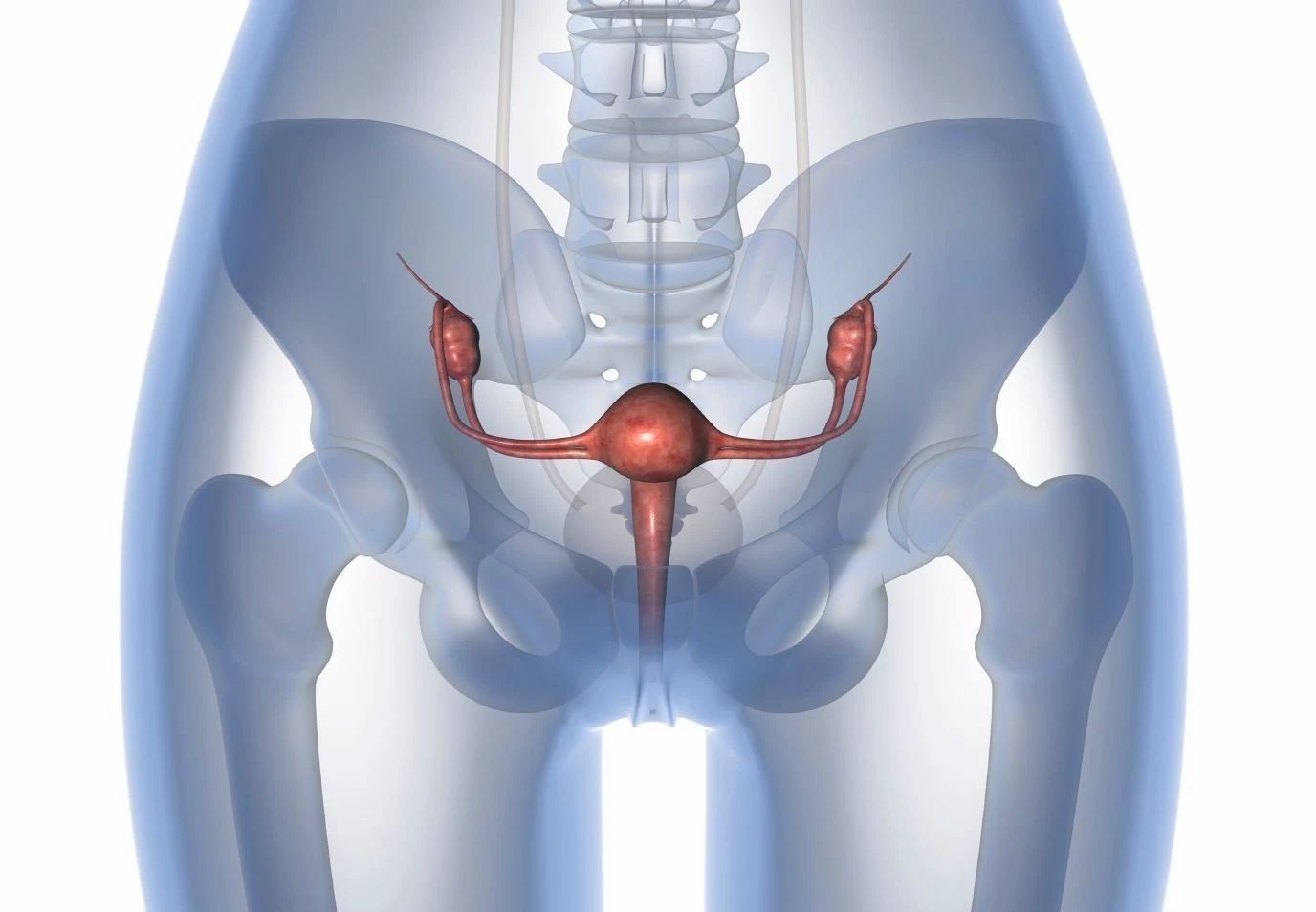
Gynecologic Cancers
Latest News
Latest Videos

CME Content
More News

Data from the phase 3 NRG-GY018 trial support the supplemental biologics license application for pembrolizumab plus chemotherapy as a treatment for those with primary advanced or recurrent endometrial cancer.

Tisotumab vedotin may become the first antibody drug conjugate to receive marketing authorization in the European Union as a treatment for those with cervical cancer.

Treatment with pembrolizumab plus chemotherapy with or without bevacizumab yields an overall survival improvement regardless of squamous or nonsquamous cervical cancer histology.

The FDA approval of pembrolizumab plus chemoradiation benefits patients with stage III to IVA cervical cancer based on findings from the KEYNOTE-A18 trial, according to Jyoti S. Mayadev, MD.

Developing novel regimens may continue to improve survival outcomes of patients with advanced cervical cancer following the FDA approval of pembrolizumab and chemoradiation, says Jyoti S. Mayadev, MD.

Treatment with pembrolizumab plus chemoradiation appears to be well tolerated with no detriment to quality of life among those with advanced cervical cancer.

Jyoti S. Mayadev, MD, says that pembrolizumab in combination with chemoradiation will be seamlessly incorporated into her institution’s treatment of those with FIGO 2014 stage III to IVA cervical cancer following the regimen’s FDA approval.

Findings from the phase 3 KEYNOTE-A18 trial support the FDA approval of pembrolizumab plus external beam radiotherapy and concurrent chemotherapy in stage III to IVA cervical cancer.

Ritu Salani, MD, MBA, discussed the results from the phase 2 SKYSCRAPER-4 trial, which determined tiragolumab plus atezolizumab should not be used to treat PD-L1–positive recurrent cervical cancer.

A survey was conducted in Italy for survivors of gynecologic cancer regarding quality of life, specifically that of sexual activity after a cancer diagnosis.

The FDA has set a Prescription Drug User Fee Act date of May 9, 2024 for the potential full approval of tisotumab vedotin for those with recurrent or metastatic cervical cancer.

Investigators note a trend towards improved overall survival with cadonilimab plus chemotherapy with or without bevacizumab among those with cervical cancer in the phase 3 AK104-303 trial.

Domenica Lorusso, MD, PhD, says that paying attention to the quality of chemoradiotherapy is imperative to feeling confident about the potential addition of pembrolizumab for locally advanced cervical cancer.

Data from the phase 2 DESTINY-PanTumor02 trial support trastuzumab deruxtecan as a potential treatment for patients with gynecologic HER2-expressing tumors that have progressed on prior therapy.

Results from the phase 3 GCIG INTERLACE trial highlight progression-free survival and overall survival improvements with induction chemotherapy plus chemoradiotherapy for patients with locally advanced cervical cancer.

Progression-free survival benefit appears consistent in patients with recurrent or metastatic cervical cancer treated with tisotumab vedotin.

Pharmaceutical, gynecologic oncology, and physician perspectives shed light on potentially mitigating the ongoing carboplatin and cisplatin shortages’ effects on cancer care in the United States.

Investigators report acceptable morbidity and health-related quality of life with neoadjuvant chemotherapy plus surgery and concomitant chemoradiotherapy in those with cervical cancer.

The safety profile of tisotumab vedotin-tftv among those with recurrent or metastatic cervical cancer in the phase 3 innovaTV 301 trial appears to be comparable with prior reports of the agent.

Guidelines from the Society of Gynecologic Oncology may help with managing the ongoing chemotherapy shortage in the treatment of patients with gynecologic cancers, according to Brian Slomovitz, MD, MS, FACOG.

Brian Slomovitz, MD, MS, FACOG, notes that sometimes there is a need to substitute cisplatin for carboplatin, and vice versa, to best manage gynecologic cancers during the chemotherapy shortage.

Findings from the phase 3 MIRASOL trial support mirvetuximab soravtansine as a standard treatment option for platinum-resistant ovarian cancer, according to Ritu Salani, MD.

Trastuzumab deruxtecan appears to elicit ‘impressive’ responses among patients with HER2-positive gynecologic cancers regardless of immunohistochemistry in the phase 2 DESTINY-PanTumor02 trial.

Ritu Salani, MD, highlights the possible benefit of a novel targeted therapy and autologous tumor vaccine in patients with platinum-resistant ovarian cancer, and in the maintenance setting after treatment for platinum-sensitive disease.

In addition to potentially moving mirvetuximab into earlier lines of treatment for those with platinum-sensitive ovarian cancer, Ritu Salani, MD, also discusses combining the agent with carboplatin to decrease toxicities and improve quality of life.









































